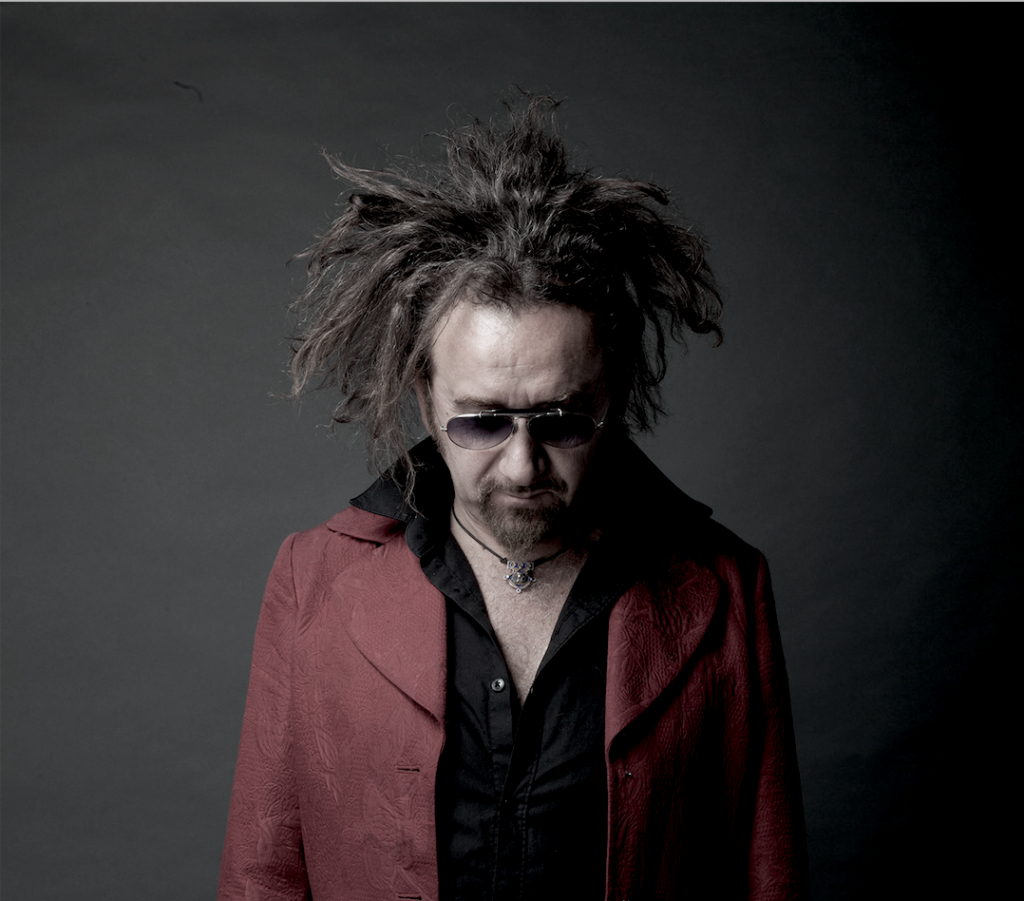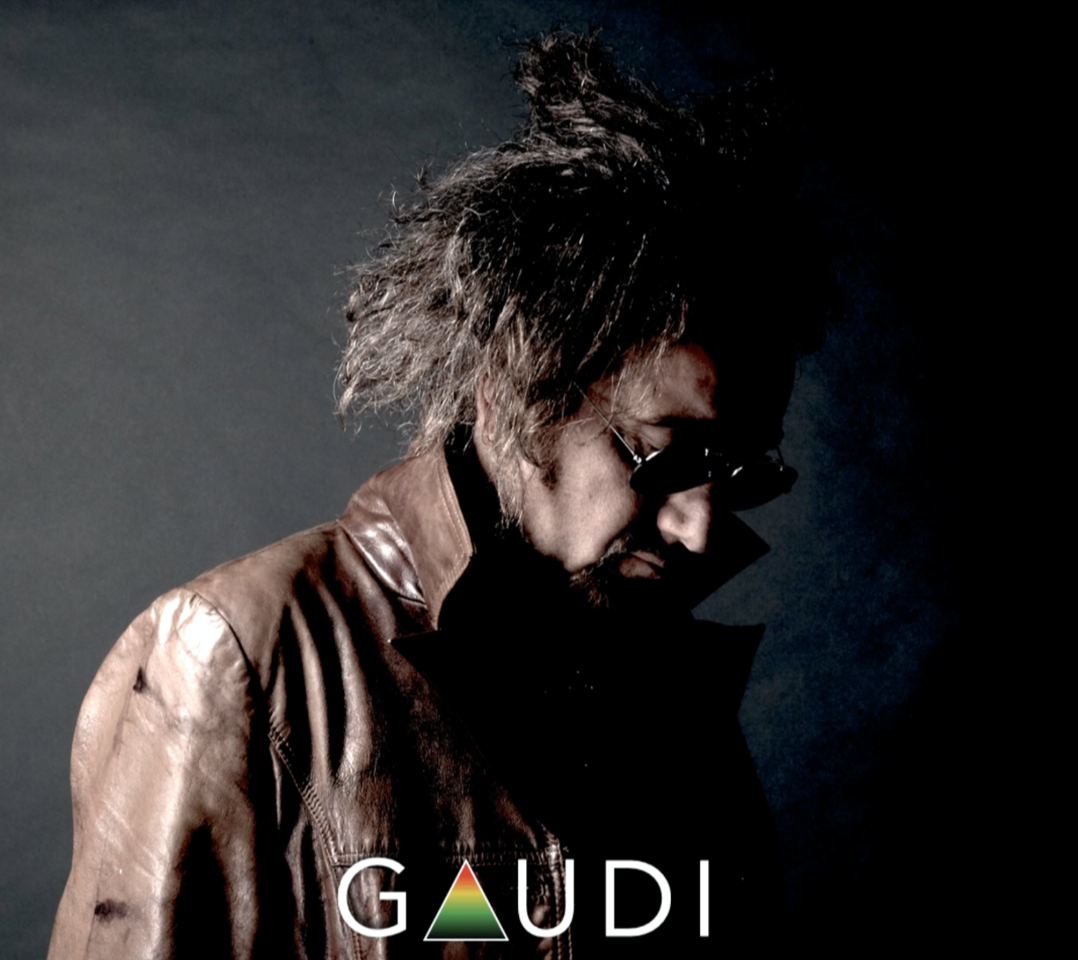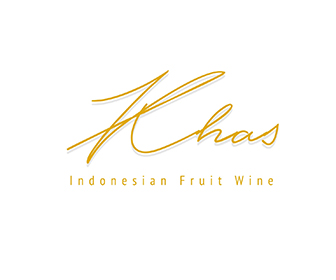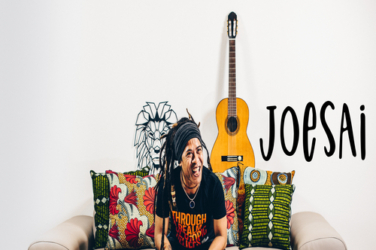A very special figure in the realm of dub music, London based music-producer and solo-artist Gaudi has always delivered the best of sound-innovation concerning dub music! With his Theremin, analogue synthesizers, vintage studio gear and his distinctive composition skills on creating beautiful melodies, he always brings magic within his works. A classically trained piano player, since an early age he’s always been fascinated by technology and musical explorations of any kind. With 21 solo albums under his belt, in his 35 years of music career, Gaudi has produced, composed, remixed and worked with acts such as: The Orb, Lee “Scratch” Perry, Nusrat Fateh Ali Khan, Deep Forest, Simple Minds, Steel Pulse, Lamb, Horace Andy, Scientist, Hollie Cook, Pete Namlook, The Beat, Sizzla, Bob Marley, Trentemoller, Mad Professor, Adamski, Shpongle, Desmond Dekker, Michael Rose, Elisa, Bill Laswell, Adrian Sherwood, Grandmaster Flash ft. KRS-One, Michael Franti, Dennis Bovell, Youth (of Killing Joke), Max Romeo, Africa Bambaataa, General Levy, Apache Indian, Zion Train, Tippa Irie, Beats Antique, Dub FX, Dub Pistols, Balkan Beat Box, Banco De Gaia to name but a few. He has a very solid fanbase, militant and devoted, his releases have always become anticipated work, his latest vinyl LP “100 Years Of Theremin (The Dub Chapter)” has already been sold-out three times in a row! Last week, “kultur” contacted Gaudi for an exclusive and unique interview with the man himself, enjoy it here:
What drew you to music at the beginning?
It was a random “E-flat” note I played on a piano at the age of 5 that drew me into music, at a dinner party with my parents at their friend’s house. There was a piano in their living room which I randomly touched a key of, and that was it, that note, that simple note still resonates inside me as it was that moment! I wanted to know more about “that note”, so I studied classical piano for the following 12 years.
What brings you into dub? When did that happen?
Dub is the type of music that reflects the most my own “vision” and approach toward music. When in the early 80s I started experimenting with this thing called “Dub”, I didn’t even know what “Dub” was, I was just doing it, not even with reggae music, I was “Dubbing”, adding effect and removing elements to everything came out from my synthesizers and drum machines! there’s a lot of space in “dub productions”, lotsa silence in between the notes, and I always gave to silence the same importance as the music itself, exactly the same.
The silence in between the notes is vital for the notes to exist, this is what I always thought and still do. At that time I was working with just a few instruments, that’s all I had, 1 synth, 1 drum machine, 1 microphone, 1 tape echo, so my “dub” was not really a stylistic choice but simply a necessity!
I naturally applied this sort of “technique” to every piece of music I was composing and every production I was doing, production after production, this sound became my “trademark”. Making music with just a few elements is much more difficult that making it with many instruments, with 2 instruments all has to be perfectly balanced and extremely accurate, if one of the 2 instruments for example makes a slight mistake you spot it immediately, but if in a 100 piece orchestra a violin makes a slight mistake, the other 99 instruments are somehow covering it… does it make sense?
Starting as a classical piano student, becoming a keyboard player, being a producer with a long list of big names collaborators, brings your magic into the TV industry, for films, creating commercial music for high class brands. Is there any part of music that you haven’t done? What will u do next?
Music is an extremely vast territory, I’d say infinite, so the corners to be explored in music are countless. This is in-fact one of the things about music that fascinates me the most. I personally don’t know which will be the next corner to be explored, but I know for certain that my next adventure will be an exciting one!
In an interview, you once talked about music teachers, when they tell students what not to do. Something about The Devil’s interval. Is this one of your secret weapons to give birth to your fascinating works?
In several interviews I brought up the “Devil’s Interval” as an example of how music theory sometimes contains some very old “rules” but it’s entirely up to each musician if he wants to apply it or not . I recall that when I studied the unsettling sound of “Tritones” (this is the correct name of the Devil’s Interval) and the rules against composing music containing it, I was immediately fascinated and promptly tried to apply it in my own compositions! German composer Richard Wagner used this interval to convey forbidden love in his opera ’Tristan and Isolde’, so why am I not allowed to use it in my music?
All of this, simply to say that the less you follow rules in music the more you feel free, expressing yourself using music as your vehicle is the most fulfilling sensation a musician can experience! Using the Tritone in compositions means nothing really, it depends how and where you apply it.
Seems like you always achieved and succeeded with any musical ideas you have in mind. You really never failed, No?
This is actually not true, people know my works and albums I release, but there’s a myriad of unreleased stuff I created and never released because I was not fully convinced, unhappy, unsatisfied, etc..
All these unknown/unfinished/unreleased pieces are actually ideas or projects that for some reason I haven’t managed to succeed. The good thing is, that sometimes from some of these “abandoned compositions” something new and even more exciting was born! Usually when I reopen a piece after a long time without listening, it gives me a good rush of enthusiasm and triggers a new creative process.

What was the first thing you listened to when ‘100 Years Of Theremin (The Dub Chapter)’ recording started?
At the beginning of the all creative process there was not any track to play, I just had everything very very clear inside my mind, I just needed to “transform” the theory into practice.
What’s the thought behind the choice of your collaborators on ‘100 Years Of Theremin (The Dub Chapter)’?
For this album I wanted to dedicate all my energy on composing and performing original melodies with the Theremin, I was not interested in appearing as the producer as I always do. So I propose this project to my old time friends and collaborators Mad Professor, Adrian Sherwood, The Scientist, Dennis Bovell and Prince Fatty, five of the world’s top dub producers. All hugely respected individuals who have been representing the best of international dub production for the last 40 years, they have provided the riddims that underpin my Theremin playing.
One of the good things in collaboration is that one musician can learn something from the collaborator. From your long list of collaborators, do you learn a thing or two from them?
Learning is a never-ending process that is part of life in general, not just in music. I learnt from my collaborators yes, as I’m learning from my 12 years old daughter. Same, no difference whatsoever.
On your album ‘Dub Qawwali’ you bring lots of sovereign infusion and an eminent touch. To kultur, it’s just like to validate you as one of the sagacious producers. You keep the sacredness there and also offer a new harmony. What makes you decide to do this at the first time?
The decision to do this album didn’t come from me, I simply got contacted by Nusrat Fateh Ali Khan’s label Rehmat Gramophone to create and produce this amazing album, which I did of course, adding my dub flavour. I felt honoured to be chosen as the one to compose new music with Nusrat Fateh Ali Khan’s voice, so I did it in the most respectful way, keeping Nusrat spirits intact, as the main point of the project. People understood and liked it.
Do you happen to consider exploring other possibilities from asian instruments maybe from south east asia as your upcoming music?
In many of my productions you find lots of traditional instruments from all over the world.
You seem easy to communicate with your fans, maybe this is the reason you have very devoted fans. What is a fan to you?
A fan for me is the reflection of myself. When I see fans happy it makes me feel happy too and most of the time it stimulates my creativity.
Doing remixes for Bob Marley, worked with Lee Perry, Horace Andy, Mad Professor, Steel Pulse, Max Romeo, Adrian Sherwood, ADF, Barrington Levy, Soom T, Scientist, Dennis Bovell, Don Letts, Sizzla, The Beat, Bill Laswell and Dub Pistols. Your portfolio absolutely could inspire a new jamaican music talent to follow your path. Do you listen to any new dub talent? Is there any name you’d like to recommend to kultur?
When I listen to music purely for my pleasure, I have a very wide spectrum of music genres, not only dub or reggae. Jamaican music has a huge influence on me of course, but I also like electronic music a lot, experimental, avant-garde, post punk and krautrock. With regard of dub productions and names I like to recommend I’d say: Manasseh from the U.K, O.B.F from France, Paolo Baldini from Italy, Prince Fatty from the UK, Madaski from Italy, Guido Cardeiro from Germany (Seeed, Dub Inc), Vlastur from Greece, International Observer from New Zealand, Ishdub and Tor.ma from Mexico, Vibronics, Vlad (Dub FX) from Italy and others in my list.
What’s the list in “survival kit” for your gears and set up to perform lately?
ARP2600 analogue modular synthesizer, Minimoog, Theremin, Roland tape echo, Korg tape echo, ARP Odyssey, Fender Rhodes, Effect Pedals, Stylophone, Megaphone, Soundcraft mixer, Microphone, Vocoder, Mininova Novation synthesizer, Korg MS20.
Between these monikers you once used Pascal Life, Dub Alchemist, Ultraviolet Zero, and Mad Master Moog which ones that you’d like to use again and create a new work under that name?
Perhaps ‘Dub Alchemists’.
You’ve performed at high profile events, played exclusive/intimate gigs to your fans and did also live streamings from your Facebook page. In this big uncertainty situation, to hold a gig it seems impossible. How do you deal with this situation and keep interacting with your fanbase and people who love your music?
As an artist, I usually play about 50-80 live international gigs every year, so you understand that for me playing live is a sort of necessity, in the sense that I love it and need it! I need the contact with the audience and my fanbase, it is very important to keep my energy-level up. This year for the COVID19, gigs-wise is tragic for every artist, no live concerts whatsoever, my full tour of 56 gigs got cancelled, so I decided to keep the spirit up and spread some positive vibes playing live free gigs on the internet. So far I played 28 live gigs, but now unfortunately I got bored, so I stopped. As I said, I need physical contact and interaction with the audience, if I don’t have it I’m not having so much fun.
(sam)







Show Comments (0)